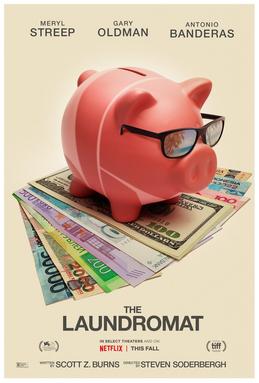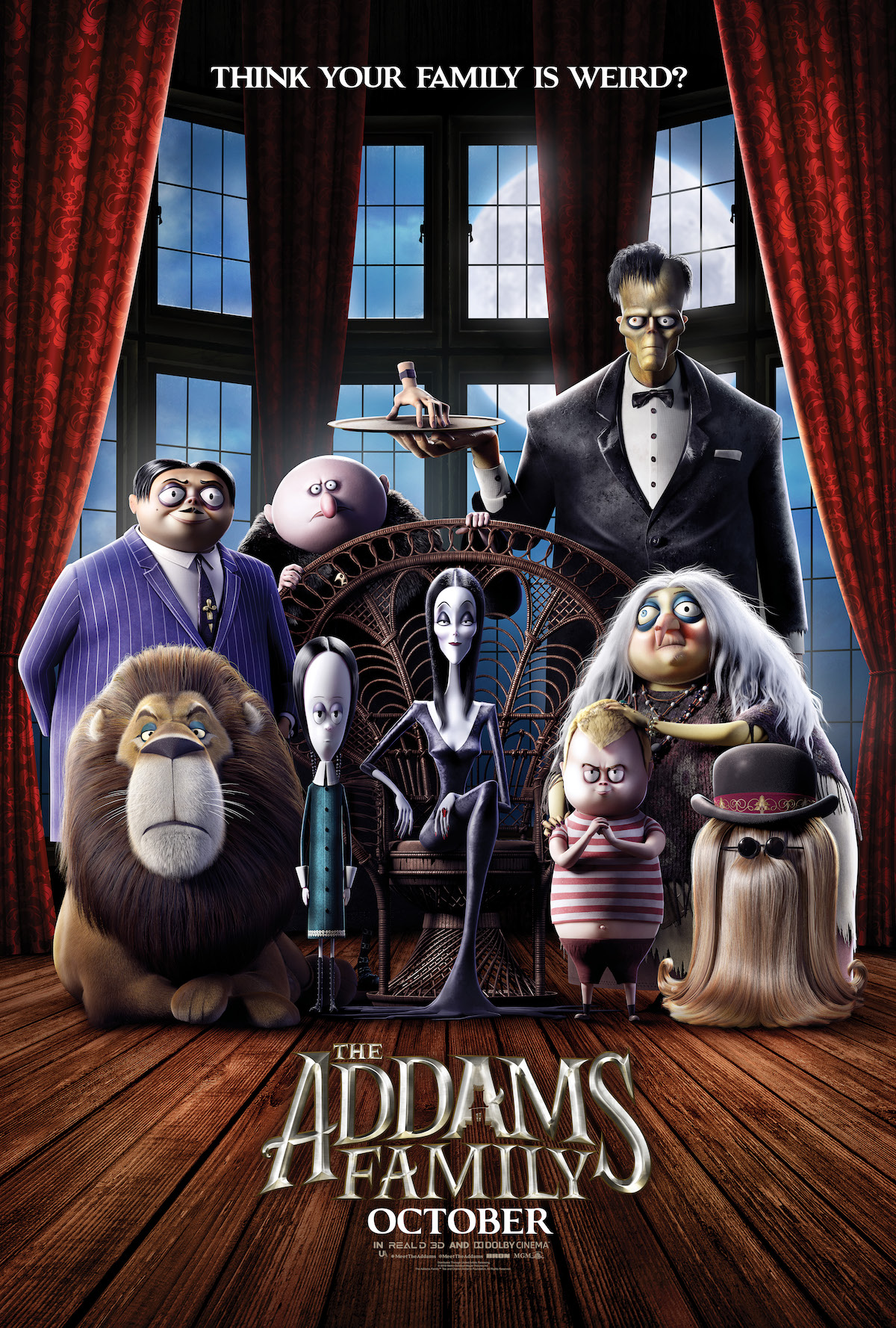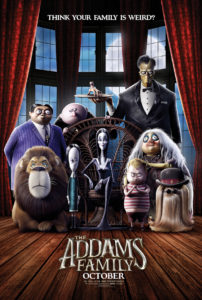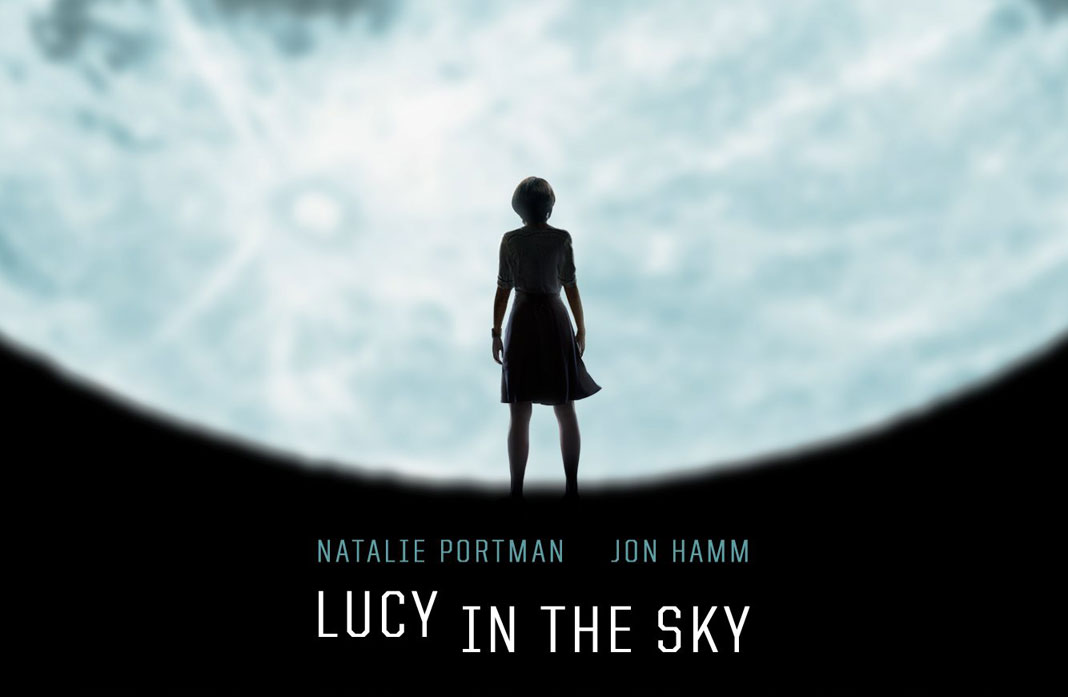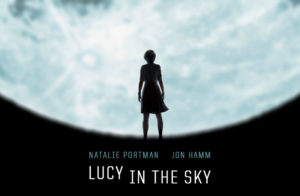The Laundromat
Posted on October 10, 2019 at 5:46 pm
A-| Lowest Recommended Age: | Mature High Schooler |
| MPAA Rating: | Rated R for language, some sexual content and disturbing images |
| Profanity: | Very strong language |
| Alcohol/ Drugs: | Drinking and drug dealing |
| Violence/ Scariness: | Boat accident, electrical accident, murder characters killed, sad loss of spouse |
| Diversity Issues: | None |
| Date Released to Theaters: | October 18, 2019 |

Great journalistic coup. But unlike a simple straightforward fraud like the Bernie Madoff Ponzi scheme, which was depicted in two different and very watchable film versions, starring Oscar winners Robert De Niro and Richard Dreyfuss, the Panama Papers mess was so big and complicated it seemed impossible to put into dramatic form. That was the challenge faced by journalist Jake Bernstein, who wrote the sober, meticulously detailed book, and screenwriter Scott Z. Burns (“The Bourne Ultimatum”), who wrote the colorful, funny, and dramatic movie. Director Steven Soderbergh knows how to do a heist film following “Oceans 11” and “Logan Lucky,” and he wisely structures this as another story of clever thieves outwitting ordinary people. Except this time the people outwitting are not lovable underdogs and the people outwitted are us.
Our guide to this world is an irrepressible pair of lawyers played by Antonio Banderas (playing Ramón Fonseca) and Gary Oldman (as Jürgen Mossack). It is hard to say which is more charming, their impeccably bespoke suits, which get increasingly outrageous over the course of the film, or their cheerful frankness about their equally cheerful and highly lucrative lack of any shred of integrity or responsibility. The linked stories that illustrate different aspects of the scheme are introduced by Fonseca and Mossack who explain what is going on and tie the stories to “rules” that underly the legal and human realities that created this monster. They should have just quoted Pogo: We have met the enemy and he is us. Or, as one of them says, “The world does not want to be saved.”
“Think of them as fairy tales that actually happened,” they tell us. “They’re not just about us. They’re about you.” Their first rule: “The meek are screwed.”
And that is how we meet a nice lady named Ellen Martin (Meryl Streep), devoted to her husband (James Cromwell). When the pilot of the tour boat ride they are on is distracted, there is an accident, it sinks, and her husband is killed. Ellen is devastated. And then she finds out that the tour boat’s insurance company will not pay, and then she finds out that it does not really exist. It exists on paper, but it is just a shell company used for money laundering, and it never pays out on claims. There are no claims officers, no offices. It’s a mail drop run by a man who gets paid $15 per signature for acting as representative for hundreds of shell companies.
We peek into other stories. A shakedown of a Chinese official does not go as planned. The literally shocking death of a low-lever functionary throws the whole system out of whack because she is — on paper — a director of 25,000 companies. And a betrayal leads to a brutal lesson in the value of values, which turns out to be less than we might hope.
It is briskly told, with a heightened, farcical tone that ends with not one smart twist, but two. Soderbergh knows how to entice us into paying attention, and entertain us until we are willing to think.
Parents should know that this movie concerns a real-life massive financial fraud, with many stories of betrayal and theft, peril, accidental death and murder, sexual references and non-explicit situations, personal and professional betrayal, drinking, drugs, and very strong language.
Family discussion: Who is in position to prevent this kind of abuse? What is the difference between privacy and secrecy?
If you like this, try: “The Big Short” and the books and documentary about the Panama Papers

